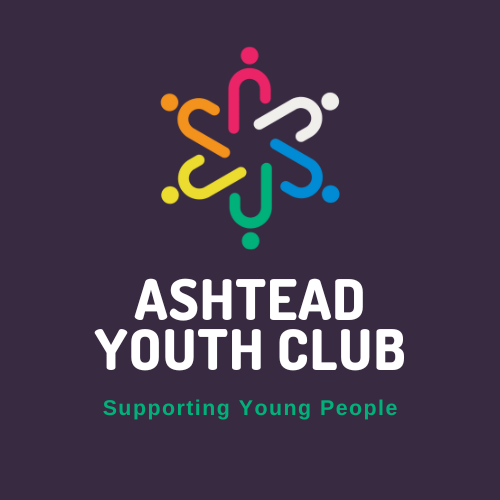Safeguarding Policy
Last Updated March 25th, 2023
General Safeguarding Policy
The Friends of Ashtead Youth Club Charity abides by the duty of care to safeguard and promote the welfare of children and young people and is committed to safeguarding practice that reflects statutory responsibilities, government guidance and complies with best practice requirements.
Purpose:
We will:
This policy applies to anyone working on behalf of us, including community partners and the board of trustees, paid staff, volunteers, sessional workers, agency staff and students. Failure to comply with the policy and related procedures will be addressed without delay and may ultimately result in dismissal/exclusion from the organisation.
Definitions:
The Children Act 1989 definition of a child is: anyone who has not yet reached their 18th birthday, even if they are living independently, are a member of the armed forces or is in hospital.
Adult at Risk:
Child and Adult Abuse: Children and adults may be vulnerable to neglect and abuse or exploitation from within their family and from individuals they come across in their daily lives. There are 4 main categories of abuse, which are: sexual, physical, emotional abuse, and neglect. It is important to be aware of more specific types of abuse that fall within these categories, they are:
Safeguarding children: Safeguarding children is defined in Working Together to Safeguard Children 2018 as:
Legal Framework:
This policy has been drawn up on the basis of legislation, policy and guidance that seeks to protect children in England. A summary of the key legislation is available from nspcc.org.uk/learning.
The Prevent duty
Some organisations in England, Scotland and Wales have a duty, as a specified authority under section 26 of the Counterterrorism and Security Act 2015, to identify vulnerable children and young people and prevent them from being drawn into terrorism. This is known as the Prevent duty. These organisations include:
Children can be exposed to different views and receive information from various sources. Some of these views may be considered radical or extreme.
Radicalisation is the process through which a person comes to support or be involved in extremist ideologies. It can result in a person becoming drawn into terrorism and is in itself a form of harm.
Extremism is vocal or active opposition to fundamental British values, including democracy, the rule of law, individual liberty and mutual respect and tolerance of different faiths and beliefs.
Training and Awareness:
We will ensure an appropriate level of safeguarding training is available to its Trustees, Employees, Volunteers and any relevant persons linked to the organisation who requires it (e.g. contractors).
For all employees who are working or volunteering with children, this requires them as a minimum to have awareness training that enables them to:
Confidentiality and Information Sharing:
We expects all employees, volunteers and trustees to maintain confidentiality. Information will only be shared in line with the General Data Protection Regulations (GDPR) and Data Protection.
However, information should be shared with the Local Authority if a child is deemed to be at risk of harm or contact the police if they are in immediate danger, or a crime has been committed.
Recording and Record Keeping:
A written record must be kept about any concern regarding a child with safeguarding needs. This must include details of the person involved, the nature of the concern and the actions taken, decision made and why they were made.
All records must be signed and dated. All records must be securely and confidentially stored in line with General Data Protection Regulations (GDPR).
Safe Recruitment & Selection:
We are committed to safe employment and safe recruitment practices, that reduce the risk of harm to children from people unsuitable to work with them or have contact with them. We have policies and procedures that that cover the recruitment of all Trustees, employees and volunteers.
All employees and volunteers should be aware of the social media policy and procedures and the code of conduct for behaviour towards the children we support.
Use of Mobile Phones and other Digital Technology:
All employees, trustees and volunteers should be aware of our policy and procedures regarding the use of mobile phones and any digital technology and understand that it is unlawful to photograph children and young people without the explicit consent of the person with parental responsibilities.
It is important that people have the confidence to come forward to speak or act if they are unhappy with anything. Whistle blowing occurs when a person raises a concern about dangerous or illegal activity, or any wrong- doing within their organisation. This includes concerns about another employee or volunteer.
Important Contacts:
Designated Lead for Safeguarding
Name: Richard Leary
Email address: youthwork@aycfriends.org
Telephone number: 07968 019450
Designated Trustee for Safeguarding
Name: Glen Jordan
Email address: chair@aycfriends.org
Telephone number: 07793 405506

